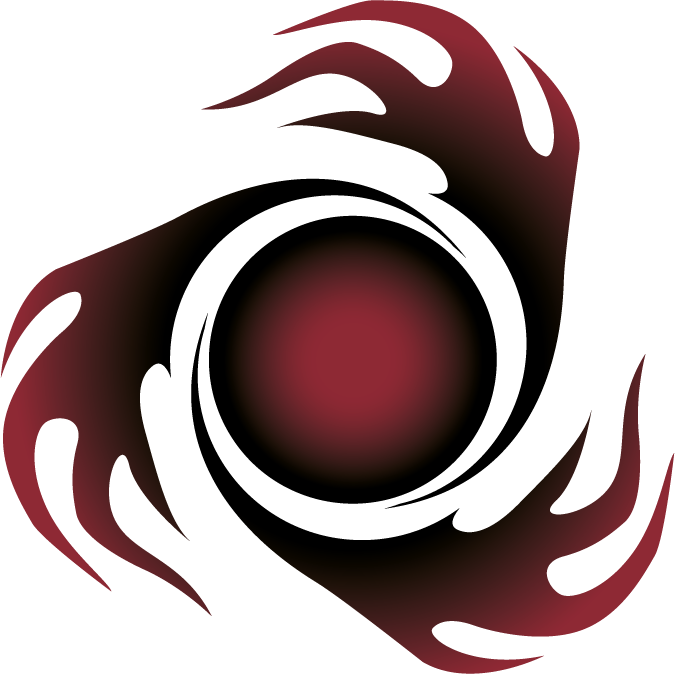A Vision for Equity and Inclusion in Organizations
I want to introduce you to my summer graduate intern, Jackie Yodashkin. Jackie has spent her career fighting for social justice and is studying organizational change management at The New School. She interviewed me about my vision and approach for Solid Fire Consulting to grow equity and inclusion in organizations.Our interview was conducted in my office, as we were rained out from taking our work to the beach.
Jackie: Hi, Alissa! Your office is great, but too bad we couldn't be talking at the beach, as planned. So, tell me... what is at the core of your work?
Alissa: Oh, yum! I center my practice on holding space for people in social change to work together well, to trust emergence, to be expansive, and to engage in both the inner work and strategy development required for organizational resilience and meaningful social impact.
Jackie: What brought you to this work in the first place?
Alissa: For as long as I can remember, I have yearned for a world where all people are cared for, care for others, and have access to the resources they need to thrive. Where people can fully manifest the best version of themselves. I yearn for a world free of racism and poverty, where those constructs are not even understood by our future selves.
Jackie: What is your role as a consultant in helping to create that world?
Alissa: I consider myself a bridge-builder for social equity and inclusion. And there is bridge-building to be done internally, right in the middle of our social change organizations.
Jackie: You do a lot of diversity, equity, and inclusion work in your practice. How did you get involved with this?
Alissa: As with many people born into white privilege, my initial understanding of the roots of social injustice was based on a class analysis. It took time for me to understand how racism was as much a root cause of social inequity in the United States as capitalism is.
Jackie: What kinds of organizations are in need of this kind of work?
Alissa: Well, all kinds, of course. In particular, I am seeing organizations rooted in dominant white culture working to transform their leadership to better reflect and address social inequities. In these situations, I often serve as a bridge between various organizational groups based on role and social identity.
Jackie: How do your social identities inform your work?
Alissa: As a white woman with Eastern European Jewish ancestry,I am aware that I enjoy a lot of privilege, and am also keenly aware that it can be stripped away at any moment, as it has been for various generations of my family. Additionally, as a pansexual cisgender woman married to a man, able-bodied person, and native English speaker with a doctorate, I strive to stay aware of how my identities are a reflection of dominant cultures and fight for the end of power and oppression based on social identity.
Jackie: What's your secret sauce for transforming our social change organizations?
Alissa: Massive amounts of collective reflection and care!
Jackie: That means we should make sure we have a raincheck for the beach, right?
Alissa: Absolutely!
